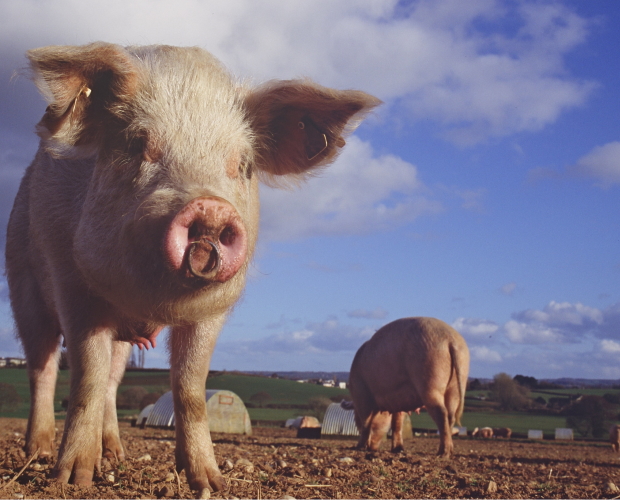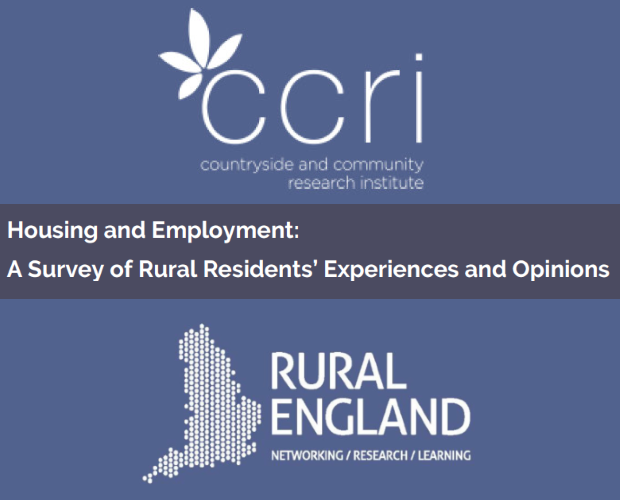T: 01822 851370 E: [email protected]
ccri
Electricity, gas, and water, sometimes referred to as utilities, form essential parts of our daily lives. When they are stopped, be it planned or otherwise, this can be an inconvenience for some. However, for others it can be scary or...
The Mid Devon Advertiser reports that farmers in the South-West are being warned of ‘economic shock’, as research by the Countryside and Community Research Institute (CCRI) predicted that the rural economy would lose up to £883 million between now and...
The Financial Times reports that a new report by the Countryside and Community Research Institute calculated that across the south-west of England, the wider region — comprising Devon, Dorset, Cornwall and Somerset — would lose £883mn in direct subsidies by...
Professor Janet Dwyer, Co-director of the National Innovation Centre for Rural Enterprise (NICRE), has been awarded an OBE in the Queen’s Birthday Honours List 2022 for services to rural research over more than three decades Janet leads NICRE in...
Farmers Weekly reports that the rural economy in the South West of England is set to lose hundreds of millions of pounds over the next five years due to the withdrawal of direct support payments for farmers Research published...
Southern Water and Farming UK announced that the Countryside and Community Research Institute and Rural England CIC presented a report, sponsored by five utility companies: Cadent, GEUK, Southern Water, Wales & West Utilities, and Western Power Distribution, along with the...
Rural England CIC has published a summary note based on a survey of rural residents to explore their views about housing development and priorities, and related employment issues The note summarises the findings of a survey which was managed...
NEWSLETTER
Sign up to receive all our latest news and updates.
HOT TOPICS
Amid reduced public spending, fair resource allocation across regions is crucial. Despite a population larger than Greater London, rural areas receive significantly less funding for essential services, even though delivering these services in rural areas is more expensive.
Economic growth is widely acknowledged as essential for national wealth and prosperity and is a priority for political parties. Rural economies, employing millions and home to a higher proportion of small businesses, have potential for growth if barriers are removed.
Rural residents face distinct healthcare challenges, including limited access to transport, longer distances to medical facilities, an aging demographic, housing inadequacies, digital connectivity gaps, and difficulties recruiting health and care workers.
Rural communities are grappling with a severe affordable housing crisis, marked by high house prices, a lack of affordable housing, elevated living costs, and lower incomes, threatening their sustainability and vitality.
Transport is vital for the quality of life and economic health of rural areas, yet it faces challenges such as infrequent public bus services and less Government funding compared to urban regions.
Rural areas, encompassing a substantial portion of England's population and land, play a pivotal role in combating climate change and achieving the net zero target.
In an increasingly digital world, the lack of robust digital infrastructure in rural areas severely limits access to crucial services and stifles economic growth.
A future-focused vision for rural communities involves not just building the right homes in the right places but also ensuring thriving, sustainable communities.
SIGN UP TO OUR NEWSLETTER
Sign up to our newsletter to receive all the latest news and updates.








